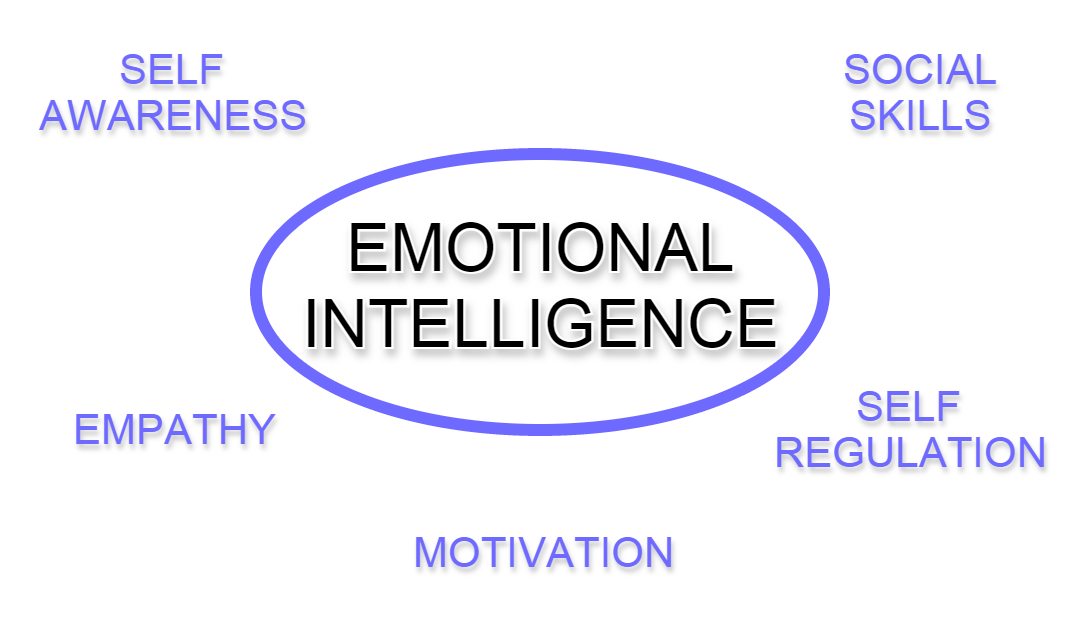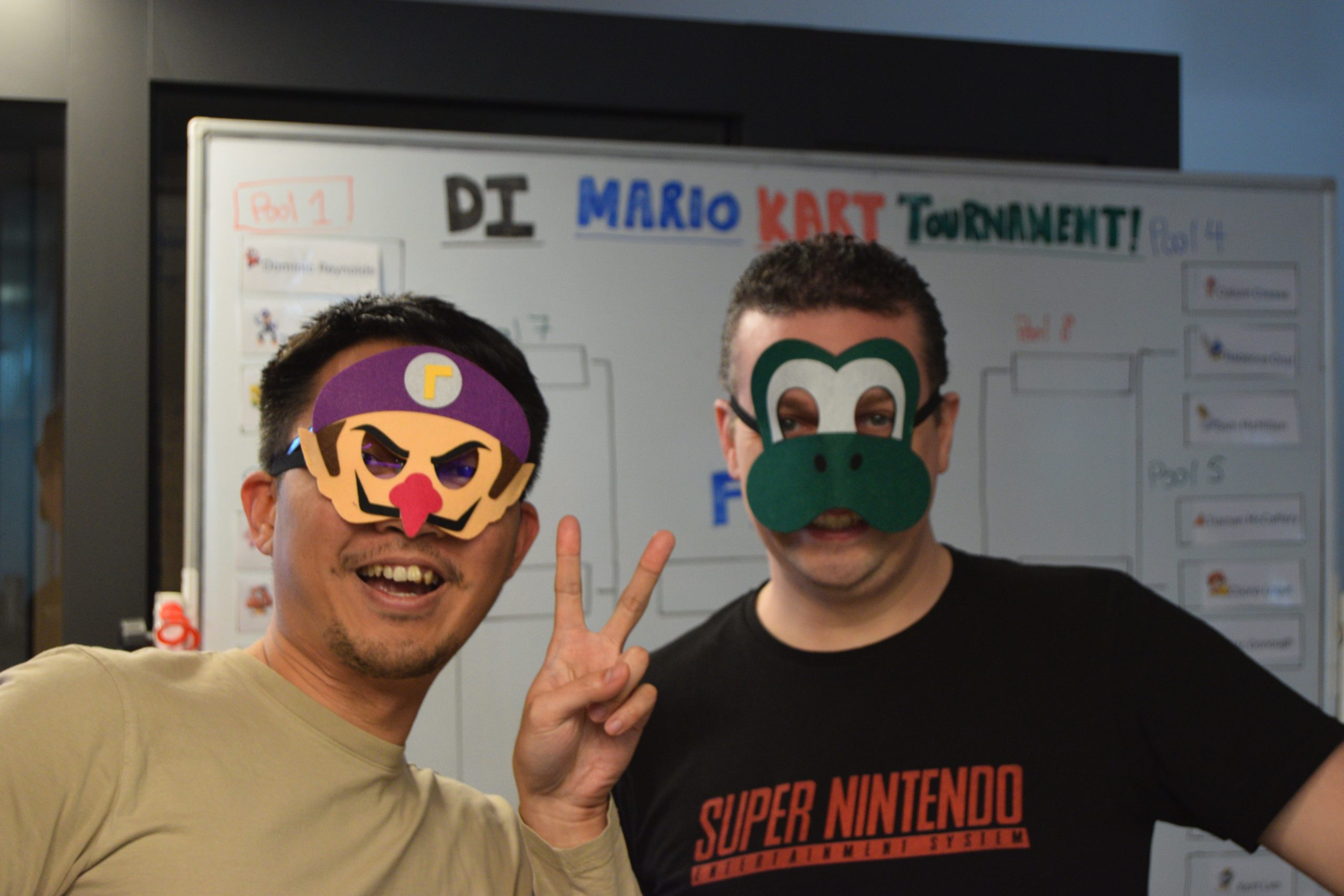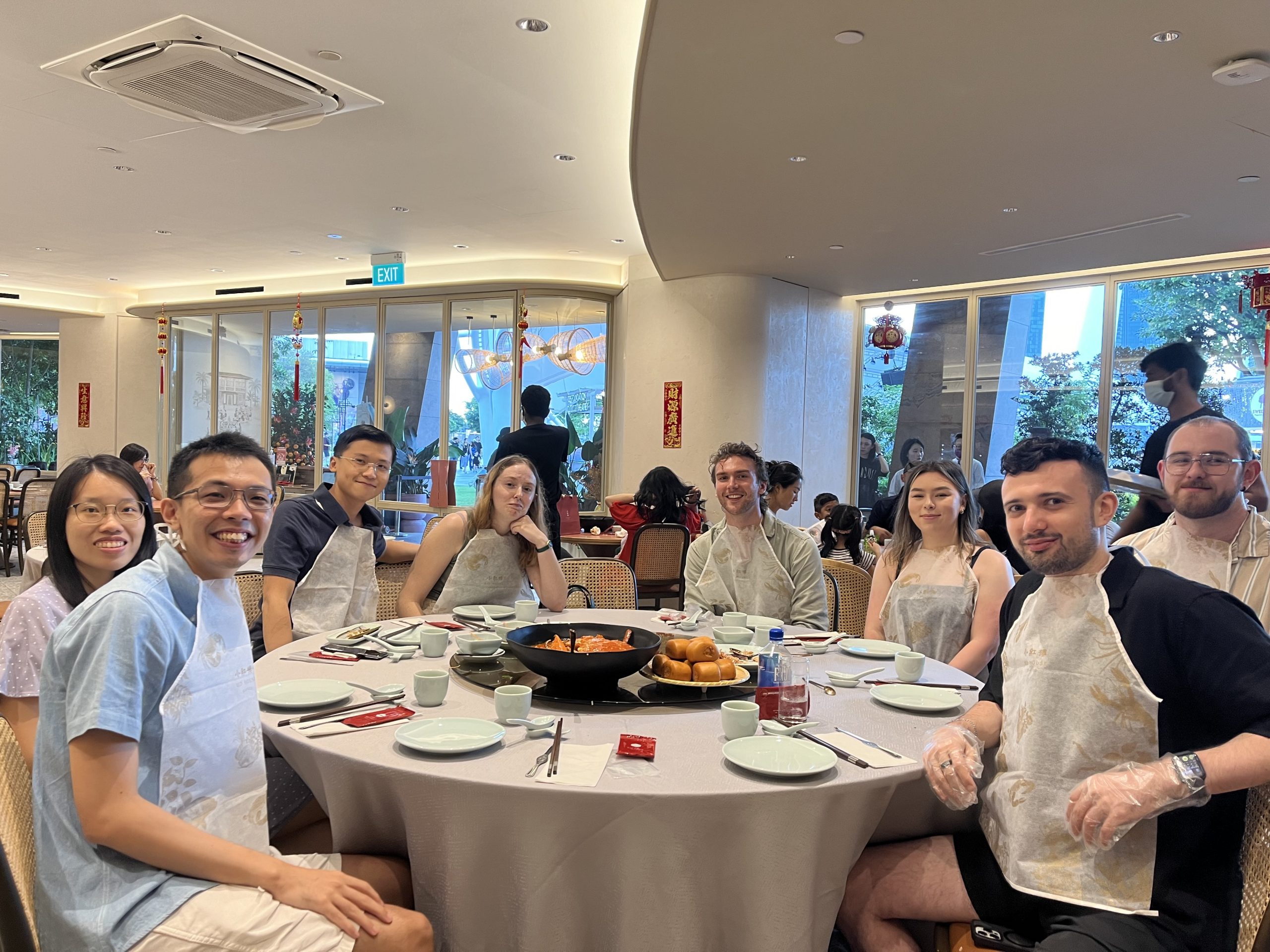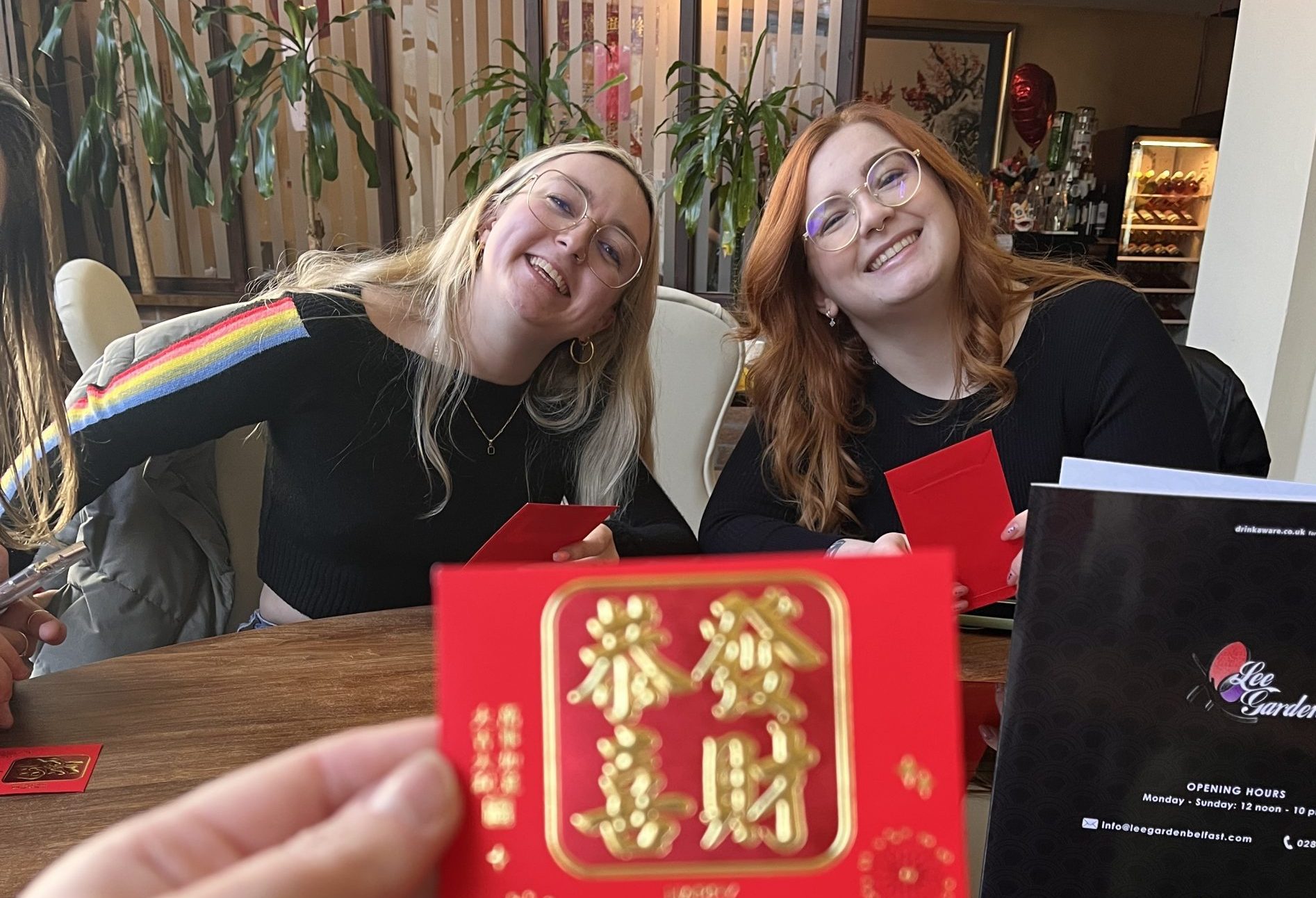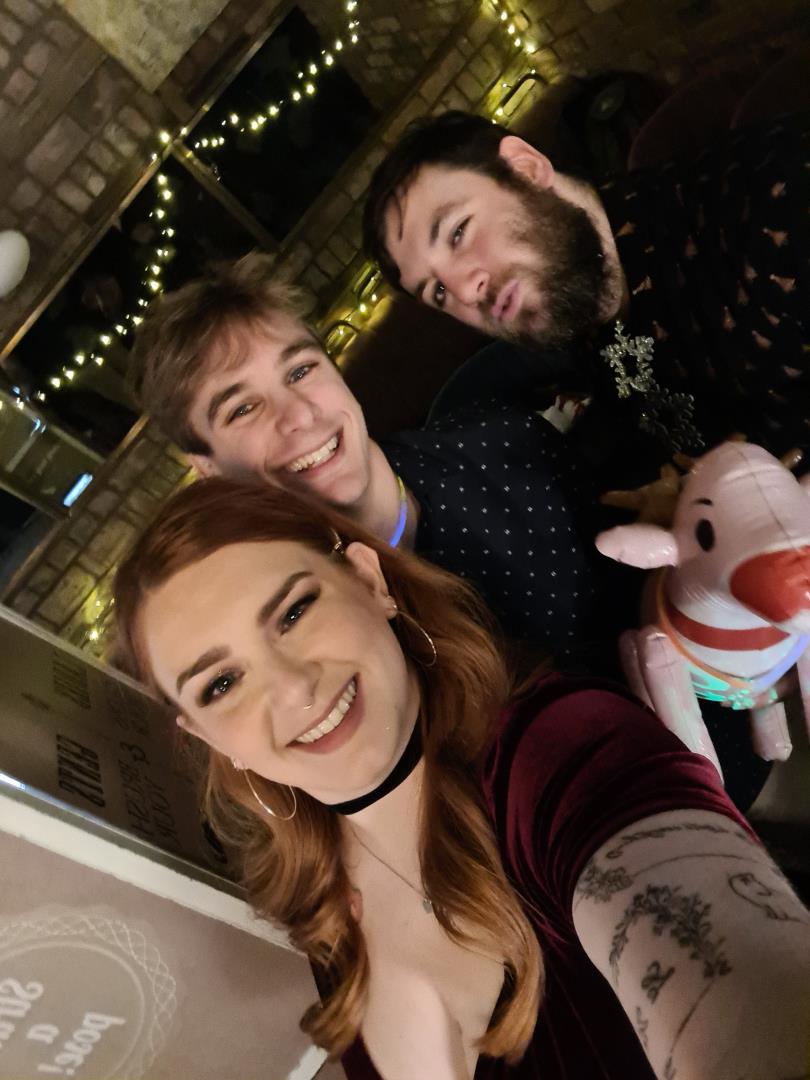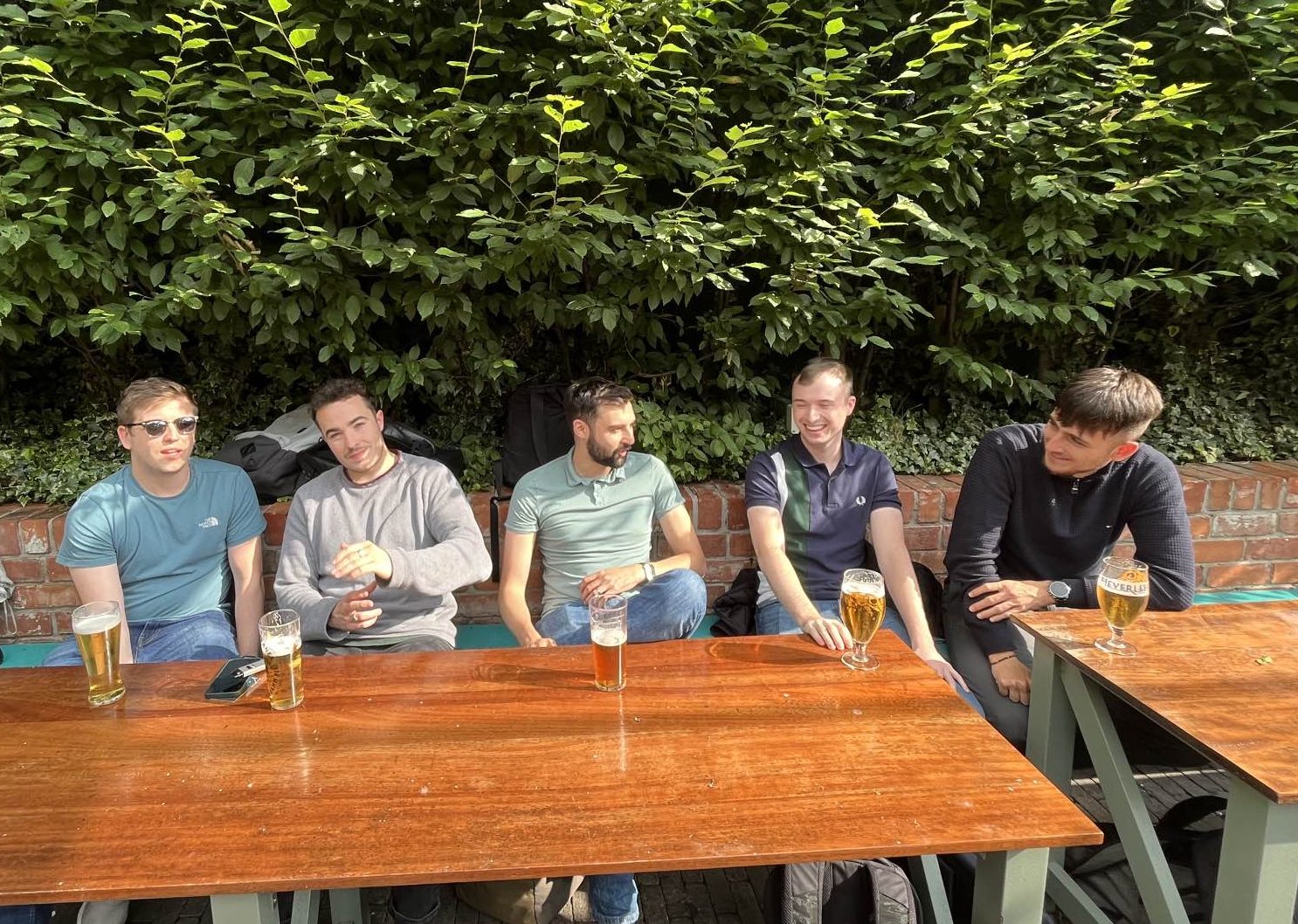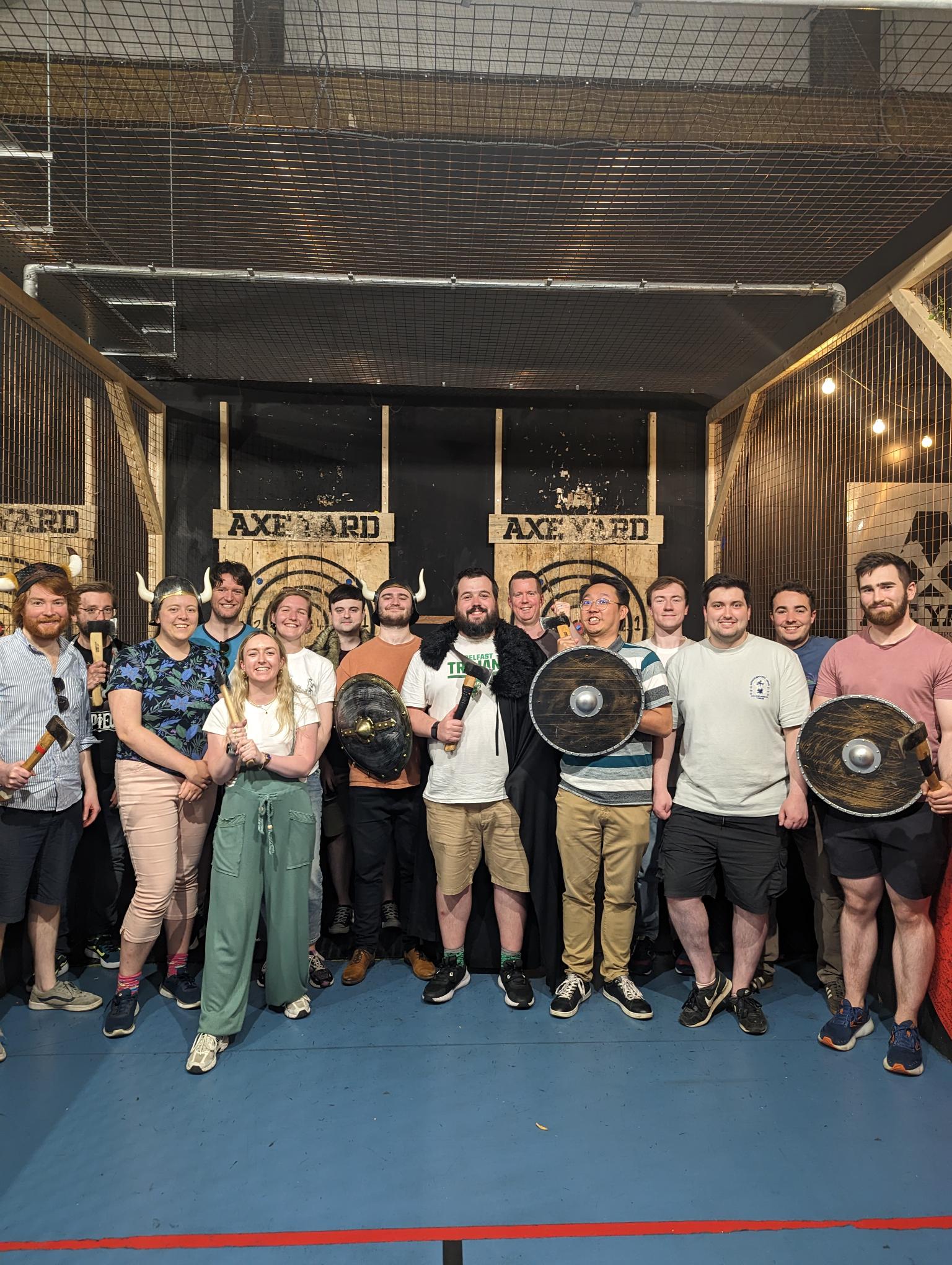BRC Leadership Training
Michael Bratton
Hi, my name is Michael Bratton and I’m part of the Engineering team here at AquaQ.
Back in 2020, AquaQ offered me the potential to become a line manager along with some of my colleagues in Engineering and beyond. It wasn’t framed as something that would take away from my day to day development work (it doesn’t), but would be a great opportunity to explore a side of software development that I hadn’t previously considered as it certainly wasn’t something that was on my radar professionally.
The turning point here in my thinking was that I believed my time and experience in fin-tech and in development in general would not only add to my non-technical soft-skills, but more importantly would give me a chance to see if I could use my experiences to help and guide others. In particular, to use my past experiences to help people the same way some of the more positive managers I’ve had over the years have helped me, and to avoid some of the behaviours I saw in some of the less positive managers.
When I began the role of line manager, I soon realised that simply having worked in the field will only go so far in helping me become a good line manager. Of course, soft skills, communication and willingness to adapt and learn are important. Additionally, to be more than a sign off for a timesheet, further learning and personal development are crucial. I felt that what I needed was a more in depth analysis of those soft skills, how do I communicate more effectively, what do I do when communication breaks down, how do I deal with difficult conversations honestly? One of the most important situations to be able to tackle would be, what if a linee is having trouble with performance or a client, how can I approach that subject in a positive, even handed way, and get to a point where the matter is addressed to everyone’s satisfaction? These are points I don’t think I could have effectively addressed without formal training.
It was for those reasons I embraced the opportunity to undertake the BRC Leadership course, which AquaQ had offered to provide. I completed the course back in July 2021, after roughly 6 months of 2/3 sessions per month, at around 1.5 to 2 hours per session. I can certainly say it was more than worthwhile, and great to be offered it, especially as someone with no previous management experience.
From each of the monthly sessions I was always able to take something with me into my next 1:1 or catch-ups with a linee. Often, I would see new approaches to take when communicating and trying to understand the best way to help and listen to linees. Crucially, and somewhat refreshingly, the course also identified some of the more negative traits to be avoided in management (and how to avoid them), and here I recognised some actions and words of past managers I’ve had that I would describe as less than positive figures. It also helped me crystallise what was so positive about those I’d have described as good and helpful in terms of management.
The Training
As I look back now, more than 6 months after the course, I can say that from the formal training, and the eye opening sessions on topics I never thought would be in a management course, I feel much more confident in my role and am able to do right by myself and by those who report into me as linees. A key part of being a line manager is about ensuring that your linees are doing well.
The ‘inches’ speech from the movie ‘Any Given Sunday’ was used as a great demonstration of using various communication techniques to lead, coach and motivate
Some of what constitutes ‘doing well’ for a linee is making sure that they are being recognised for their achievements, and that they are getting help and advice when needed. We need to ensure that blockers or pain points can be removed from their path, letting them do their job well and be the best they can. Every employee should be heard, respected and should be getting what they are due. Part of what a line manager does is to ensure all this happens. ‘Doing well’ is as much about linees’ emotional wellbeing as it is about getting the work done.
Topics touched on
It would be impossible to boil down the entirety of such a lengthy course into a few points, but some of the concepts introduced that really stuck with me over the months, and that I was able to add to my base of leadership skills include:
- Emotional Intelligence – being aware of my state of mind as well as having empathy for where a linee is coming from.
- VUCA – (Volatility, Uncertainty, Complexity and Ambiguity), and how to devise modern, agile methods to combat these common factors of working in I.T. today.
- The 5 dysfunctions of a team – Absence of trust, Fear of conflict, lack of commitment, avoidance of accountability and inattention to results, we tackled these issues in our groups and whilst there is of course no one-size-fits-all solution to dealing with these dysfunctions, we were encouraged to think about approaches to these issues.
- Motivation – not only how to motivate linees but also ourselves, highlighting the value of contributions, giving linees a better idea of the bigger picture and how they fit in to develop their sense of value.
- Communication – a running theme in most of the sessions, we were often challenging ourselves to define and think about what kind of communicator we are, how our personality affects our communications, and the personality of the person we communicate to. Tone, timing, consistency, repetition, empathy and the type of questions asked (and how we ask) are all things to consider here.
- Developing goals with linees for setting targets that are realistic, relevant and measurable to enable personal development.
- Planning and prioritizing is also a major theme running through most of the sessions, and how to translate this and tailor for ourselves and for linees.
- Dealing with conflict – a vitally important topic we covered that can range from helping linees with bad situations at work, or where home situations affect work, such as bereavement. Also managing the interactions between ourselves and linees, and between linees as difficult interpersonal problems can arise, and performance related issues can also be problematic.
- Leading as a coach – a great topic that had me thinking about how to help linees achieve their goals, and to use my experience to help them grow and advance.
As well as these points and more, we looked at assertiveness and persuasion as tools to help us and our linees overcome blockers and realise our potential and value.
Role playing
There were some great role playing sessions with actors brought in to challenge us on what we had learned about interacting with linees. We played through some situations that could occur in real life, such as a client being unhappy with a employee who is unaware they are not living up to expectations. This gave us great insight into how a manager can handle these kinds of situations to a desirable outcome for all.
Towards the end of the sessions, our various groups formulated and delivered presentations for senior AquaQ management on the topic of the performance review/promotion/compensation process. Elements of each group’s suggestions were used in helping devise the current process, as was revealed some months later to the rest of the company.
Looking back and forward
Today I find myself frequently pulling from the resources provided by the course. I saw in my own 1:1s and catch-ups a real change in how I tackled my line management duties. My approach continues to evolve as I employ the techniques I learned over the 6 months. My interactions with my linees continue to be very positive, even when dealing with the more difficult situations that come up.
In these times of remote work and the lack of in-person contact, some of the techniques learned can be more challenging to implement. The skills learned however are no less relevant in remote situations. In fact, applying some of the skills learned in a remote setting helped iron out some ambiguities that may have been present in interactions that were in person.
Finally, I must say that the content of the course and the delivery by Bill and Jonie were excellent. All who attended enjoyed it, and the benefits from doing it will no doubt be lifelong.
Currently in training
The second round of the BRC Leadership course is currently underway, two AquaQ Developers, Gillian Bond and Cliona Logue are currently undergoing the training and have kindly provided a snapshot of their experience on it so far:
Gillian Bond:
“I started the Chameleon Leadership Program provided by BRC in November 2021 right after I found out that I was successful in my application to become a line manager. If someone told me previously that two months after starting my new role at AquaQ Analytics that I’d become a line manager, I don’t think I would have believed them. I’m glad that I did eventually apply for it after being influenced to do so, although I didn’t have any past experience in management, I do have the skillset to become a coach, I can relate to others through past experiences and I can communicate effectively. These skills are further developed as part of the leadership program, as well as other topics that make you think about how you interact with others, such as emotional intelligence and dealing with conflict.
As we are mostly still working from home, the course is online. I’m enjoying getting to know other line managers taking the course, listening to their views and opinions and meeting people that I would never have the chance to previously, as most are from the kdb stream has been really beneficial. It’s also nice to see the relationships being built between the instructors and participants which creates a more relaxed atmosphere therefore the participants are becoming more open to share thoughts each week. I’m looking forward to future content because I’m really starting to find the material interesting. We were covering coaching and mentoring recently which is useful for one to ones, previously the focus was on self-reflection which I learnt was just as important.
I feel grateful to be a participant in this course, right at the start of my experience as a manager, as it helps iron out any mistakes that I could be making at an early stage and if I’m carrying out my role effectively, that can only have a positive impact on AquaQ as a whole.”
Cliona Logue:
“I am about 2/3 of the way through my line manager training and have found it highly beneficial thus far. I have been able to apply knowledge that I have picked up around how to be a good manager to my line manager role. We have covered all areas when it comes to being a line manager, the main topics including how to handle conflict and how to motivate your linees. I am excited to complete the rest of the course and see what other useful skills I can gather.”
Share this:


